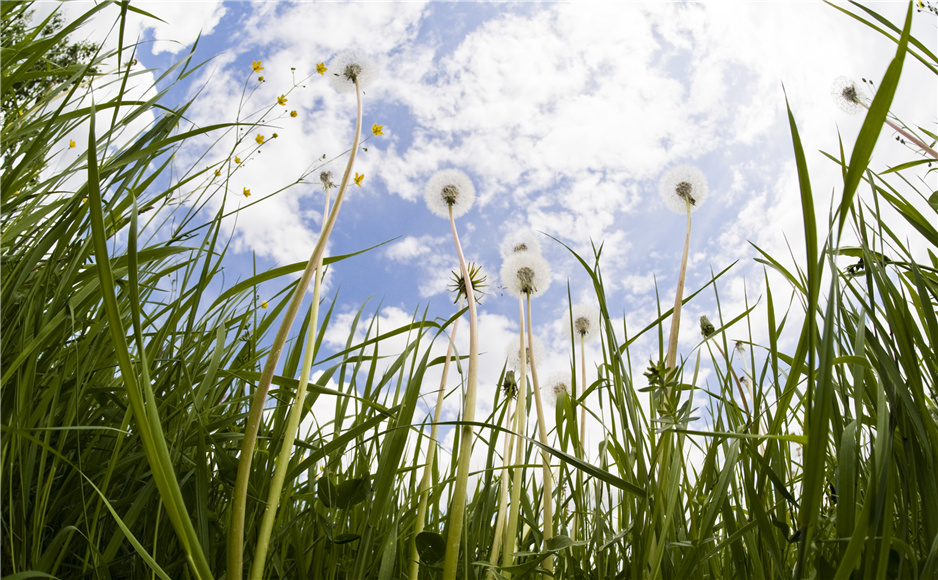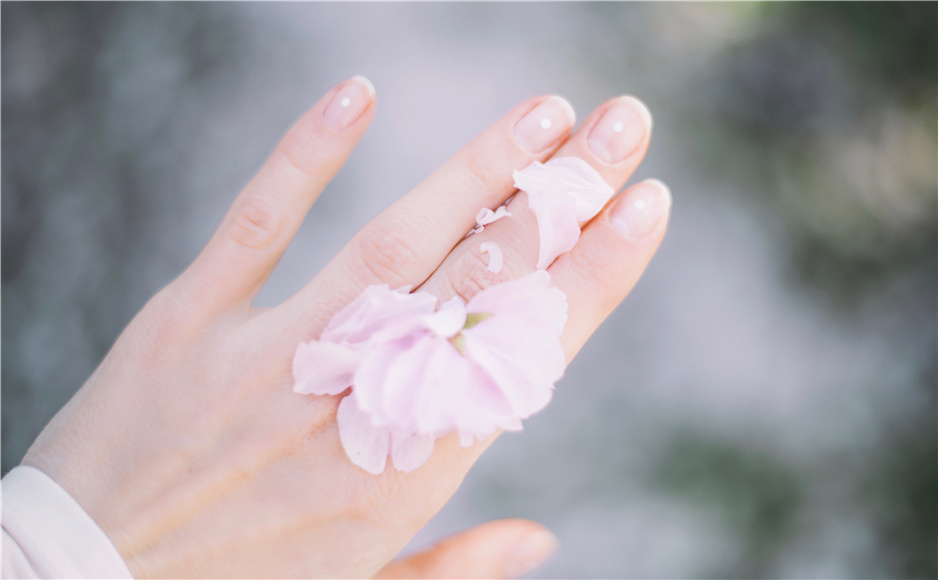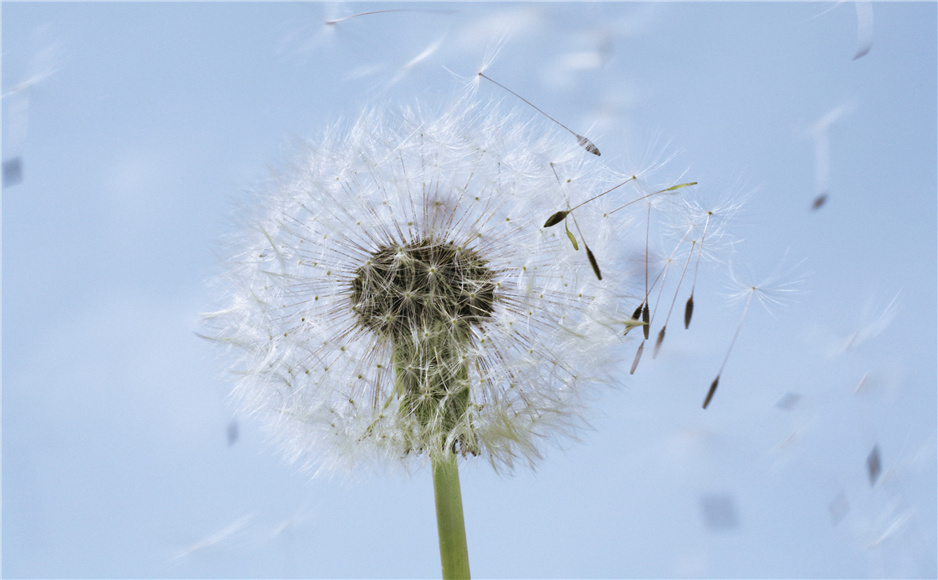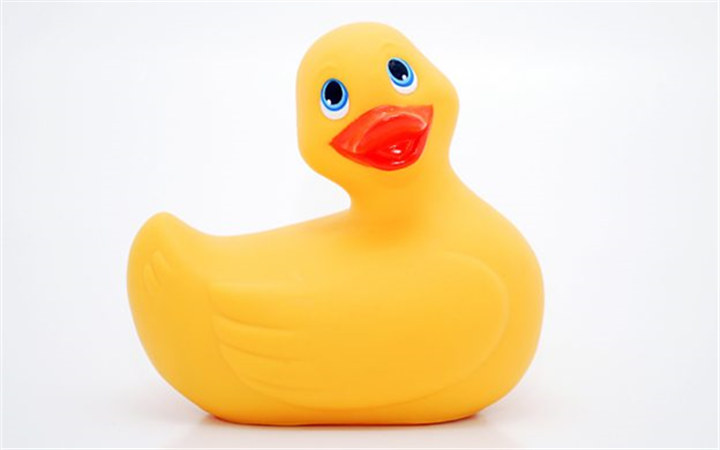
How deep I love you, the moon represents my heart.
你问我爱你有多深,月亮代表我的心。

Your present circumstances don’t determine where you can go; they merely determine where you start.
你目前的处境并不决定你的未来,它只决定你的起点。

Smile and silence are two powerful tools. Smile is the way to solve many problems and silence is the way to avoid many problems.
微笑和沉默是两把利器:微笑解决很多问题,沉默避免许多问题。

Ordinary people merely think how they shall spend their time; a man of talent tries to use it.
普通人只想如何度过时间,有才能的人试图利用时间。
腾不出时间学习的人,迟早会腾出时间来伤悲;腾不出时间思考的人,迟早会腾出时间来后悔;腾不出时间运动的人,迟早会腾出时间来减肥;腾不出时间呵护亲情的人,迟早会腾出时间来流泪;腾不出时间恋爱的人,迟早会腾出时间来相亲;腾不出时间睡的人,迟早会腾出时间来生病。——刘同

Be yourself, everyone else is already taken. – Oscar Wilde
做你自己,其他角色都已经有人了。——奥斯卡•王尔德
词霸小编:不要活在别人的嘴里, 也不要活在别人的眼里, 而是把命运握在自己手里。——几米

I am prepared for the worst, but hope for the best.– Benjamin Disraeli
我期待最好的,但为最坏的做好准备。– 班杰明‧迪斯雷利
词霸小编:一个人只有一个心脏,却有两个心房。一个住着快乐;一个住着悲伤。不要笑得太大声,不然会吵醒旁边的悲伤。

My motto is: Contented with little, yet wishing for more.– Charles Lamb
我的座右銘是:为一点点感到滿足,但希望获得更多。– 查尔斯·兰姆
词霸小编:老子曰:“祸莫大於不知足,咎莫大於欲得,故知足之足常足矣。”所以说我们要:知足常乐,乐在其中; 知乐常足,足以开怀;知足知乐,常乐常足!

In every adversity there lies the seed of an equivalent advantage. In every defeat there is a lesson showing you how to win the victory next time.
每个逆境都有一粒种子,藏着对等的有利条件;每个挫败都有一个教训,教你下次如何取得胜利。
词霸小编:此句简言之是“失败是成功他妈”,道理我都懂,剩下的就看你们了……

I don’t want the fear of failure to stop me from doing what I really care about. - Emma Watson
我不想失败的恐惧阻碍做我真正想做的事情。——艾玛·沃森
词霸小编:【用法分析】1.stop…from doing sth.意思是“阻止/防止……做某事”,在主动结构中,from可以被省去。如: The heavy rain stopped us (from) arriving there on time. 大雨阻止了我们按时到达那里。2.stop to do sth. 是“停止正在做的事,为了开始做某事”。 如:I have to stop to write an important article. 我得停下手中的事,先写一篇重要的文章。

Trust is the easiest thing in the world to lose,and the hardest thing in the world to get back.
信任是这个世界上最容易失去的东西,也是最难挽回的东西。
词霸小编:我不问,你不说,这就是距离; 我问了,你不说,这就是隔阂; 我问了,你说了,这就是信任; 你不说,我不问,这就是默契; 我不问,你说了,这就是依赖。

英国,不同地区的人们会用和动物有关的词汇来称呼他人。这些称呼十分有爱,也很友好。有些人认为这个称呼来源于 duke 公爵。
Feifei
‘Hen’ is used in Glasgow – but only when talking to women. 在苏格兰格拉斯哥,人们会用 hen 来称呼女性。
Neil
Alright, hen? And then we have ‘pet’…
Feifei
‘Pet’ is used in the North East of England. 在英格兰纽卡斯尔,人们会互相称呼 pet。

The happiness of life is made up of minute fractions – the little soon forgotten charities of a kiss, a smile, a kind look, a heartfelt compliment.
生活中的快乐是由一些小片断组成——很快被遗忘的亲吻、微笑、关爱的眼神、由衷的赞美等小善举。
词霸小编: 快乐似蒲公英的种子飘落在任意角落,你需要的只是一双发现它的眼睛……【词汇扩充】heartfelt adj. 衷心的,真诚的。如 heartfelt thanks 由衷的感谢。同义词为:sincere。
美国人口语常用的10个英语形容词

美国人比较喜欢夸张,常常用这些词来表达赞叹,也可表达对人和事的赞美。如果别人问起你对某事或某人的印象,或者问起你的日子过得如何,你都可以随时脱口而出其中一个词!
amazing: 使人十分惊奇的;令人惊讶的
Your English is amazing. 你的英语太让人吃惊了。awesome: 极好的;很棒的
Wow! That’s totally awesome!哇!那真是太棒了!cool: 好;妙;帅;酷;凉
You look cool in your new suit. 你穿这套新衣服真酷。cute: 漂亮的;可爱的;逗人喜爱的;聪明的
He’s really cute. 他真可爱。excellent: 优秀的;杰出的
Our teacher speaks excellent English. 我们老师的英语说得好极了。fabulous: 极好的;绝妙的
A: How do you like the show? 你觉得这场表演如何?
B: Fabulous! 棒极了!fantastic: 极好的;了不起的
You’ve got the job? Fantastic! 你得到那份工作了?太好了!marvelous: 极好的;非凡的
That’s a marvelous idea! 这主意真是棒极了。special: 特别的;不寻常的
You know, you are really special! 你知道吗,你真的很特别。wonderful: 精彩的;绝妙的;令人惊奇的
She has a wonderful memory. 她的记忆力惊人。
内容来源:英语语法网
图片来源:高品图像
与老外见面的10大经典句
1.Welcome to China! Welcome to our city!
欢迎到中国来!欢迎到我们的城市来!
2.I hope you’re enjoying your stay here.
希望你在这里过得愉快。
3.How long have you been in China?
你在中国多长时间了?
4.Is this your first trip to China?
这是你第一次来中国吗?
5.Are you here on business or for pleasure?
你来这里是出差还是游玩?
6.There are many interesting places here. I’d like to show you around.
这儿有很多有趣的地方,我愿意带你去看一看。
7.Please let me know if you need any help.
如果需要帮助,请告诉我。
8.What’s your impression of China so far?
你对中国有印象如何?
9.Are you used to the life here? Does the weather agree with you?
你习惯这里的生活吗?你适应这里的气候吗?
10.How do you like Chinese food? Are you used to the food here? Does the food here agree with you?
你觉得中国菜如何?你习惯这里的食物吗?这里的食物合你口味吗?
实用版家庭日常英语口语
(1)Sleep and waking up(睡觉/起床)
It’s time to go sleepy-bye.(到睡觉的时间了。)
Sweat dreams.(做个好梦。)
It’s time to go to bed./Time for bed.(该上床了。)
It’s time to have a nap.(该午休了。)
Wake up!(起床。)
Did you sleep well?(睡好了吗?)
Time to get up.(该起床了。)
(2)Getting dressed(穿衣)
It’s time to get dressed(该穿衣服了。)
What do you want to wear today?(今天想穿什么?)
This shirt doesn’t go with those pants.(这件上衣和裤子不搭配。)
Stand still. / sit still.(站好/坐好。)
Now put on your sweater.(现在穿上毛衣。)
Take your clothes off./ Take off your clothes.(脱衣服。)
Pick up your socks, please.(请把袜子捡起来。)
Put on your trousers/shoes/coat/cap.穿上你的裤子/鞋子/外套/帽子。
(3)Meal time(吃饭)
Come sit at the table。(过来坐在桌旁。)
Stop playing with your food。(不要再玩食物了。)
Don’t talk with your mouth full。(嘴里吃着不要说话。)
Help Daddy do the dishes。(帮助爸爸收盘子。)
Help Mommy to set the table。(帮助妈妈放桌子。)
Help us clear off the table。(帮我们收拾桌子。)
(4)Safty and injuries(安全和受伤)
It’s bad for you!(这对你不好。)
I have told you many times not to do that。(我已经告诉你好几遍了不要那样做。)
Don’t sit too close to the TV。(不要坐的离电视太近。)
It’s nothing. It’s just a little cut。(不要紧,只是小伤口)
Don’t touch the electrical outlets。(不要碰电源插座)
Don’t try to plug/put anything in the outlet。(不要试图拔或放任何东西在插座里。)
Don’t touch anything on the stove。(不要碰炉子)
The oven is very hot; you could burn yourself。(炉子很烫,你会烫着自己。)
Those tools are too sharp; they’re only for grownups。(那些工具太锋利了,只有大人能用)
Don’t use others cup; you could catch his cold/germs that way。(不要用别人的杯子,那样会传染病菌)
Don’t play with fire; it’s dangerous。(不要玩火,危险)
Wait for the green light before you cross the street。(等绿灯亮了再过马路)
Always look both side before crossing the street. (过马路前一定看两边。)
(5)Playing toys/games(玩玩具/游戏)
Don’t leave toys on the floor where people will step on them。(不要把玩具放在地板上,别人会踩到它们)
I’m going to count to ten。(我将数到十)
Let’s pick up the toys and put them back。(咱们把玩具捡起来放回去。)
Want to play hide and seek?(玩捉迷藏吗?)
Ready or not, here I come。(准备好了吗?我来了)
Please put the toys/books back on the shelf。(请把玩具/书放回架子上。)
Want to play outside?(想出去玩吗?)
(6)Bathroom talk(卫生间)
Do you need to go potty?(你要去大/小便吗?)
I need to go to the bathroom. (我要上厕所)
Don’t unroll the toilet paper。(不要扯手纸。)
Don’t use too much toilet paper。(不要浪费手纸。)
Don’t pick your nose. / Don’t stick your fingers in your nose。(不要用手挖鼻子。)
Wipe your bottom。(擦擦屁股。)
(7)Washing up(清洁)
Your hands are sticky。(你的手很脏。)
Wash your hands immediately。(马上去洗手。)
Look at the mess you’ve made。(看看你弄的。)
You need to have a bath。(你得洗个澡了。)
(8)Manners(礼貌)
Don’t interrupt daddy/mommy。(不要打断妈/爸说话)
Don’t bother me while I’m on the phone。(我打电话时不要捣乱。)
Are you going to apologize?(你准备道歉吗?)
You need to share your toys with your sister。(你应该与妹妹分享玩具。)
He had that toy first。(他先拿到的玩具。)
This toy doesn’t belong to you。(这个玩具不是你的。)
(9)Finding out(发现问题)
What’s happened?(发生什么事了?)
What’s the matter?(怎么了?)
Why are you crying?(为什么哭?)
Don’t worry。(不要担心。)
Everything’s fine。(一切都会好的。)
There’s nothing to be scared of。(没什么可怕的。)
Are you feeling better now?(你现在感觉好些吗?)
We’re right in the next room。(我们就在旁边的屋子)
(10)Discipline(纪律)
Stop doing that。(停下)
We need to discuss this。(我们需要检讨一下。)
Good girls/boys don’t do/say things like that。(好孩子不那样做(说)。)
You’re part of a family, and you can’t think only about yourself。(你是家庭的一员,你不能只想到自己。)
Don’t argue me about this。(不要再和我争论了。)
I’m going to count to three, and if you don’t have the toys picked up by then …(数到三你不收玩具,我就。。。)
No more discussion, you’re going to bed now。(没有商量的余地,你必须现在上床。)
Don’t raise your voice at me!(不要对我提高嗓门!)
That’s a rude way to speak。(那样说话不礼貌/粗鲁。)
(11)Compliments, encouragement(鼓励,夸奖)
Great job!(太棒了!)
I’m so proud of you。(我真为你骄傲!)
Well done!(干得好!)
You were so brave/great/good!(你真勇敢/棒!)
(12)Restaurants, shopping(饭店,购物)
We can’t eat the food until we pay for it。(这食物在付款之前我们不能吃。)
Don’t run around here; we’re not at home。(不要在这乱跑,我们不是在家里。)
Please don’t knock down all those cans。(请不要把那些罐子碰倒。)
Don’t touch anything here. These things aren’t ours。(不要碰任何东西,这不是我们的。)
You promised me you wouldn’t ask me to buy anything。(你答应我的不买任何东西。)